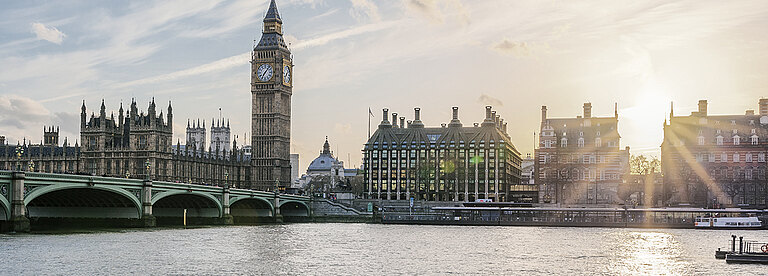Düsseldorf, January 18, 2021 – Constitutional complaints have once again blocked the implementation of the Unified Patent Court (UPC). Before the turn of the year, the Federal Constitutional Court (BVerfG) in Karlsruhe again received two constitutional complaints (Ref. 2 BvR 2216/20 et al.). As a result, the BVerfG has asked Federal President Frank-Walter Steinmeier to wait until a decision has been made on an urgent appeal before signing the required bill into law. It is still open as to when a decision will be made.
One of the plaintiffs had already filed a constitutional complaint in March 2017. Even then, the BVerfG had asked the Federal President for a postponement. In February 2020, following the first constitutional complaint, the BVerfG had declared the law on the Agreement on a Unified Patent Court (UPC) null and void, as only ca. 35 of the more than 600 members of parliament were present at the vote in the Bundestag. As a result, the German ratification, which is crucial for the UPC’s entry into force, was brought to a standstill.
In the view of Cohausz & Florack (C&F), the current development is hardly surprising, as the BVerfG had already addressed other reasons for unconstitutionality in its first decision, aside from the lack of a two-thirds majority in the Bundestag. "Since the Federal President was again asked for a postponement, these reasons must be serious," says Gottfried Schüll, patent attorney and partner at C&F. The Federal Ministry of Justice had considered changes in the German legislative process to not be possible due to the ratifications already completed by the other UPC Contracting Member States, and submitted the identical bill to the Bundestag, which approved it in November 2020 with the required two-thirds majority. Now the same ratification procedure has been stopped again. "There is reason to fear that the issue will now have to be revisited by all Member States," Schüll said.
The UPC Agreement provides for a Unified Patent Court for a number of EU Member States. The UPC would be competent to independently handle disputes over European patents and European patents with unitary effect. The new system should be fully operational by 2022. UPC headquarters would be in Paris. In Germany, locations in Munich, Düsseldorf, Hamburg and Mannheim are planned. The legal text of the UPC Agreement still assumes London as a further headquarters, but this is no longer the case due to Brexit.
Picture credits: H_Ko – AdobeStock

![[Translate to Englisch:] [Translate to Englisch:]](/fileadmin/_processed_/5/a/csm_Weitere_Verfassungsbeschwerden_gegen_Einheitliches_Patentgericht_efc76e00b6.jpg)


